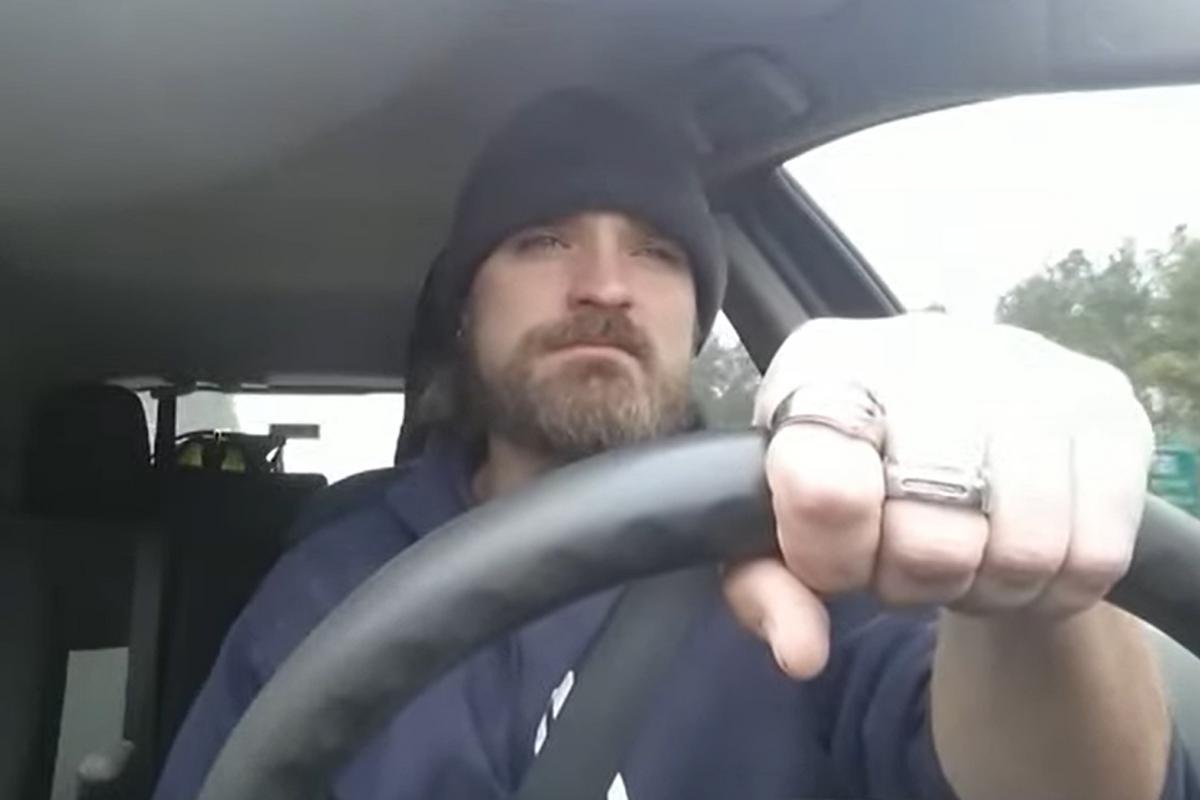Edgar Welch, who served four years in prison after a 2016 incident in which he fired a rifle multiple times inside a Washington, D.C., pizza shop while trying to “self-investigate” claims that it was the site of child sex trafficking, has died at the hands of police after a traffic stop in North Carolina.
According to a media release from the Kannapolis Fire and Police, a Kannapolis police officer was on patrol at about 10PM on Jan. 4, 2025, when he saw a car that he was familiar with due to having arrested its owner previously. He was aware that the owner of the vehicle had an outstanding arrest warrant, so he pulled the vehicle over.
When the officer approached, he identified the passenger in the front seat as 36-year-old Welch, who owned the gray 2001 Yukon.
Other officers arrived as backup to the scene, and when the officer who initially made the traffic stop went around to the passenger door to make the arrest, Welch pulled a handgun and pointed it at him.
Welch reportedly refused to comply when the other two officers ordered him to drop his weapon, and they opened fire, striking him.
Welch was transported to the hospital, where he died from his injuries on Jan. 6.
“In accordance with Kannapolis Police Department policy and procedure, an outside law enforcement agency will be requested by the department to investigate any incident involving a member of the department whose actions result in the death or serious injury to a member of the public,” the press release reads.
The Associated Press reports that Welch drove from North Carolina to Comet Ping Pong, a restaurant in Washington, while carrying a semiautomatic rifle in 2016, driven by a false right-wing conspiracy theory that claimed prominent Democrats were operating a Satanic child sex trafficking ring in that building.
Welch ended up entering the restaurant and shooting at a locked closet door inside, hoping to find his way to where the children were supposedly being held. Upon realizing that there were, in fact, no children being held on the premises, Welch surrendered peacefully to police.
In 2017, Welch subsequently pleaded guilty to interstate transportation of a firearm and ammunition and assault with a dangerous weapon. Judge Ketanji Brown Jackson — who now serves on the Supreme Court — sentenced him to four years in prison.
Welch expressed some regret over his actions in an interview with the New York Times in 2016, though he did not completely disavow the “Pizzagate” conspiracy theory that led to his arrest.
He told the Times he had only wanted to get a “closer look” so he could “shine some light on it” after reading the internet-based speculation that prominent liberals were running a child sex trafficking ring out of the pizzeria.
Once he was inside and terrified patrons began to flee, Welch said he realized that “the intel on this wasn’t 100 percent.”
“I just wanted to do some good and went about it the wrong way,” he admitted.
Country Music’s Most Horrific Crimes
These 10 country stars were locked up for committing awful crimes. Some turned their life around while others (like No. 9) never seemed to have learned their lesson.
Gallery Credit: Billy Dukes
Sterling Whitaker is a Senior Writer and Senior Editor for Taste of Country. He focuses on celebrity real estate, as well as coverage of Yellowstone and related shows like 1883 and 1923. He’s interviewed cast members including Cole Hauser, Kelly Reilly, Sam Elliott and Harrison Ford, and Whitaker is also known for his in-depth interviews with country legends including Don Henley, Rodney Crowell, Trace Adkins, Ronnie Milsap, Ricky Skaggs and more.



